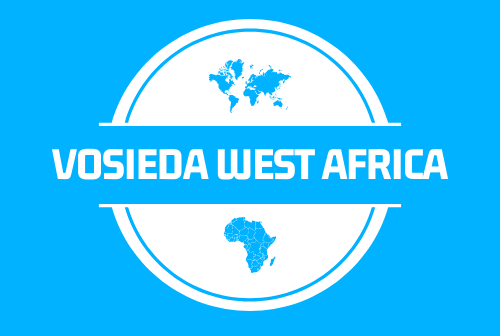Context
Liberia’s 2017 presidential and legislative elections were probably the most contentious elections in the country’s post war history. More than 20 presidential candidates and 783 aspiring representatives were certified to run in the 2017 presidential and parliamentary elections. Even though the elections ended peacefully but the winners and losers are still in both complex and contested notions. On the surface, it appears to be a zero-sum outcome of the electoral contests in which those that obtained more votes won power, while those with less votes were defined as losers, often to be excluded from the “fruits or rewards of power”. The tension in the electioneering processes clearly demonstrated that most opposition politicians and their supporters feel marginalized and are desperate to participate in the very rewarding patronage and crony society that Liberia has been since its founding.

Moreover, a critical aspect of Liberia post-election transition process relates to the sustainability of the country’s fragile peace. In particular, was the relationship between winners and losers of 2017 elections, not only in relation to those that contest elections, but also those that control power and others who are marginalized and excluded from participating in the political processes including their followers, who remained hostile to one another. Thus, the issue of reconciling losers and winners after the elections were a very critical challenge in post-conflict Liberia where there is still a need to bring about inclusive governance and sustainable peace.
Intervention:

Considering the above background, ECOWAS – Economic Community of West African States worked with VOSIEDA, Liberian communities and other civil society to promote democratic consolidation considering post-election peace building.
The project initiated round table meetings, awareness, and community’s base peace forum and discussions on Liberian elections. It bough together political party leaders, security officials, Liberian election management body officials, civil society representatives and media representatives in a unique opportunity to share knowledge on ways to strengthen electoral practices, develop recommendations for raising standards of professionalism, improving electoral processes, mitigate election-related conflicts and promote cross-sectoral collaboration across the Liberia.
Results
The round table meetings were unique opportunities for political party leaders, security officials, Liberian election management body officials, civil society representatives and media representatives to come together to share their experiences on both challenges and successes; as well as knowledge on ways to strengthen electoral practices. It provided the platform to generate recommendations for raising standards of professionalism, improving electoral processes, mitigate election-related conflicts and promoting cross-sectoral collaboration across the Liberia. Approximately 100 participants participated attended the round table, including election commissioners, political party leaders, civic advocates, leaders of election monitoring groups, journalists, and high-level security service officials from across the country.
One lesson that stood out was the Liberian security services did not resort to the use of force, despite considerable tensions in the pre-election period and in the round up to the tabulation and announcement of elections results. The Liberian example provides positive lessons in election management in fragile environments across West Africa.
Key facts
Sector: Governance and Social Development
Domain: Governance, Elections & Peacebuilding
Benefiting zone: Liberia
Nature: Grant
Duration: 2018
Status: Completed
